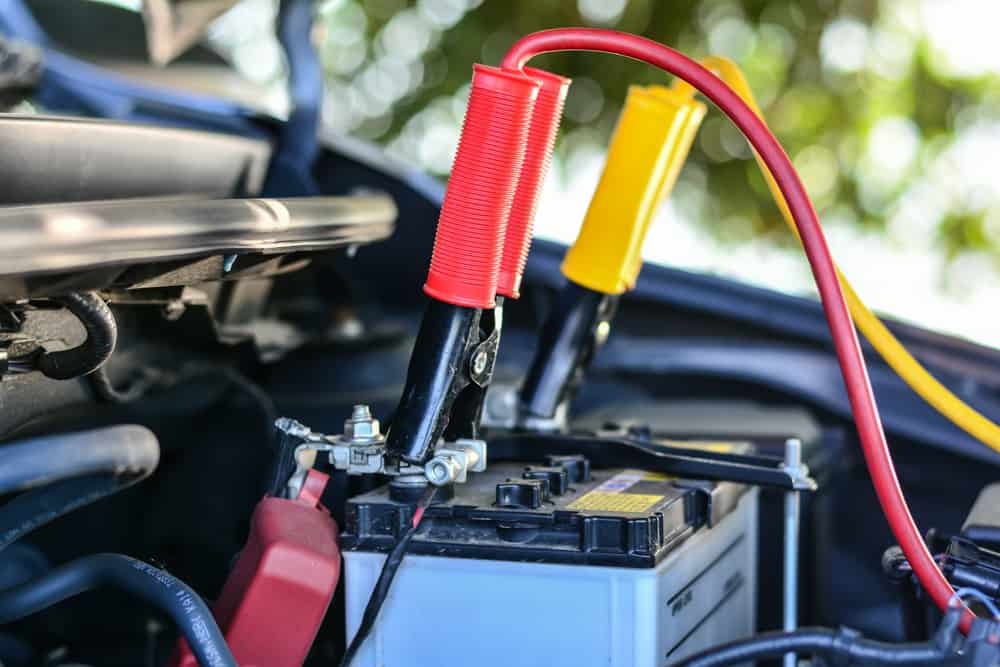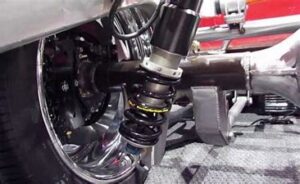Imagine you get into your car, excited to go on your next trip, you turn on the engine, and then there is quiet. Many drivers have experienced the disappointment and annoyance of having a car that won’t start because the battery won’t retain a charge. You can find yourself stuck in this confusing scenario, scratching your head and thinking, “Why won’t my car come to life?” Simply put, when we discuss an automobile battery not maintaining a charge, we mean that the battery is having difficulty continuing to provide the energy required to start the car. It’s similar to a friend who is too exhausted to participate in the fun.
However, knowing why this occurs is important whether you’re an experienced driver or a novice to the world of cars. This article will explore the common reasons for this automotive glitch and attempt to solve the mystery of a car battery won’t hold charge issue. We’ll explore the nuances of deteriorating batteries, the effects of severe weather, and the cunning players in the car’s electrical system. So buckle up and join us as we set out to unravel the mystery of the quiet stall and learn the secrets of maintaining the robust heartbeat of your car.
Table of Contents
Car Battery Won’t Hold Charge: What Does It Mean?
The term “car battery won’t hold a charge” refers to a state in which the battery finds it difficult to maintain sufficient power to start the vehicle. Consider your automobile as a large toy that requires batteries to operate. This means that the toy won’t function properly if those batteries are weak or nearly dead. Comparably, being unable to start your car due to a dead battery can get you into a bind. Consider a car battery as a device that can be recharged.
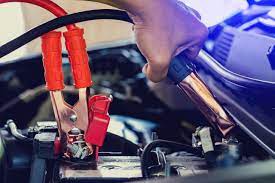
Additionally, it wears out with time, particularly if it’s old or the temperature is extreme. A car’s battery must be charged for it to start and operate, much like your phone does. Therefore, if you turn on your automobile hoping to hear the engine scream to life but all you hear is quiet, the battery probably wasn’t able to store enough energy. By being aware of this problem, we can take preventative measures to make sure our automobiles start easily and don’t leave us stranded. ‘
Common Causes Of A Car Battery That Won’t Hold A Charge: Unraveling The Mystery
You’re ready to go, you turn the key, and nothing happens. Can you imagine the frustration? The charge in your automobile battery has chosen to play a game of hide-and-seek. Examining the common causes of this automobile puzzle can help us to solve the enigma.
1. Aging Battery Blues:
Car batteries have a life expectancy, much like people. Their capacity to retain an electrical charge decreases with ageing. You may be approaching the retirement period if your automobile battery is more than four or five years old. Keep the heart of your car pumping strong with routine maintenance and replacements on schedule.
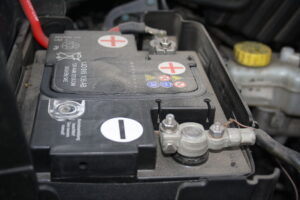
2. Problems With Extreme Temperatures:
Extreme weather, whether it’s sweltering hot or bitterly cold, can be hard on automobile batteries. Elevated temperatures hasten chemical processes within the battery, resulting in premature deterioration. Conversely, the battery’s power output reduces in frigid temperatures, making it more difficult to start the car. One can find some safety from these severe temperatures by parking in a garage or under cover.
3. Gremlins In The Electrical System:
Sometimes, an electrical malfunction in your car is the culprit lurking in the shadows. The battery may be overcharged or undercharged by malfunctioning voltage regulators or alternators, weakening it and making it unable to hold a charge. It’s advisable to have an expert inspect the electrical system if you’ve ruled out an aged battery.
4. Inconspicuous Parasite Drains:
When your automobile is parked, parasitic drains might be likened to silent robbers taking advantage of the battery life. Faulty wiring or accessories that don’t fully shut off can be the source of them. A broken electrical component or leaving lights on all night will gradually drain your battery. Frequent inspection and repair of these drains can avert unneeded battery problems.
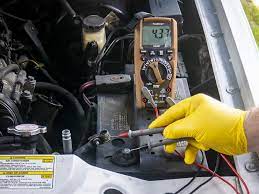
Therefore, being aware of these typical causes will enable you to identify the problem and take quick action. Your car’s battery can be kept in good condition with routine battery checks, especially as it ages, protection measures against excessive temperatures, and careful observation of the electrical system. Recall that you can prevent the surprises of a silent stall tomorrow by paying little care to your battery today.
Solutions To Address A Car Battery That Won’t Hold Charge
You’ve discovered that your automobile battery appears to be more exhausted than an early-morning commuter. Don’t worry, there are workable ways to restart it and get you back on the road. Now let’s look at a few easy yet powerful solutions for a car battery that won’t charge.
1. Continual Upkeep:
Consider your automobile battery as a plant that needs periodic irrigation. Performing routine maintenance is similar to giving your battery a cool drink. Make sure the battery terminals are corrosion-free and spotless by keeping an eye on them. Tighten any loose connections, and take quick action to resolve any problems you find. A happy battery is well maintained.
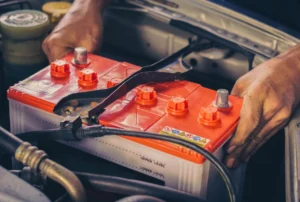
2. Adherent Charging Routines:
Car batteries require the right kind of charging, just like people do. Your battery may not have an opportunity to fully charge if you primarily take short excursions. To ensure that the battery fully recharges, think about periodically going on longer drives in your vehicle. To give it a boost when needed, especially in the winter when batteries tend to struggle, invest in a high-quality battery charger.
3. Check-Up Of The Electrical System:
Sometimes there are deeper problems with the electrical system. A check-up is warranted if you find that your battery is regularly losing its charge. The health of your battery might be severely impacted by malfunctioning voltage regulators or alternators. To perform a comprehensive examination and fix any electrical issues that may be hiding in your car, speak with a qualified mechanic.
4. Investing In High-Quality Batteries:
Batteries are not made equally. Long-term savings can be achieved by making the somewhat extravagant purchase of a high-quality battery. Select a battery that meets the requirements of your car and has sufficient power. A strong, well-made battery has a better chance of holding up over time and providing reliable performance.
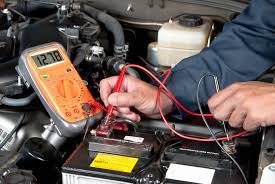
5. Protection Against Temperature:
Any extreme weather, from sweltering heat to biting cold, may be hard on your battery. When it’s hot outside, park your car in a shady spot. In the winter, think about installing a battery insulation kit. Protecting your battery from high or low temperatures will help it last a lot longer and avoid losing its charge too soon.
Therefore, by implementing these fixes into your monthly auto maintenance, you’re not only solving the present battery problem but also creating the foundation for a longer-lasting and more dependable power supply. Recall that maintaining the charge and good operation of your automobile battery just requires a small amount of attention.
Conclusion:
A dead battery is like a silent bump in the complicated world of automobiles, preventing us from travelling as planned. Recognizing and addressing the root causes of a car battery won’t hold charge issue is essential to getting past it. We can restore the vitality of our cars by identifying the effects of ageing, bad weather, and electrical problems and taking preventative action. Our cars can start with more energy if we choose a dependable battery, maintain our vehicles regularly, and follow good charging procedures. The next time your automobile dies, keep in mind that a properly maintained battery is essential for a pleasant and trouble-free trip through life.
